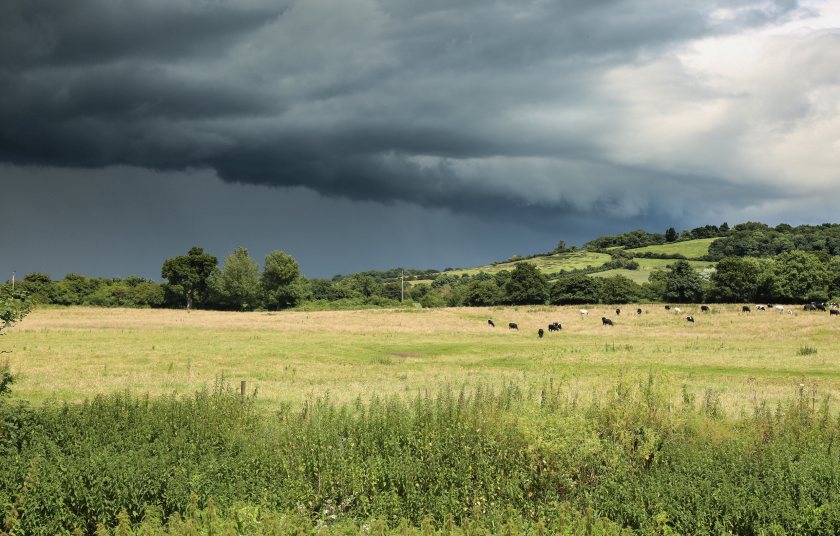NFU: Budget must 'renew relationship' with farming or risk food security

The NFU has urged the government to “renew its relationship” with farmers at the upcoming autumn budget, warning that collapsing confidence is leaving investment in food production “as bone-dry as the fields this summer.”
Confidence has been shaken most severely by last year’s inheritance tax reforms, which capped agricultural property relief at £1 million from April 2026.
Anything above that threshold will face a 50% liability, sparking fears of crippling tax bills and forced farm sales.
From a Yorkshire grower who has abandoned plans for a new grain store, to a Lincolnshire farmer delaying investment in temperature-controlled potato storage, producers across the country are holding back for fear of future tax liabilities.
The NFU says the impact should concern everyone, given that farming underpins the UK’s £153 billion food sector — the nation’s largest manufacturing industry, supporting 4.2 million jobs.
NFU President Tom Bradshaw said: “Farmers and growers either choosing not to or being unable to invest in their businesses should worry us all.” He stressed that these are the businesses that “produce the nation’s food… and manage and protect our iconic countryside.”
Bradshaw also highlighted what he called a gap between government rhetoric and reality: “This is the same farmed countryside that the prime minister and his cabinet stood in front of at the Labour Party conference with the slogan ‘Renew Britain’ emblazoned on top of sunny rural landscapes.
"The reality is far from sunny… without investment in farming today, we risk food supplies for tomorrow.”
Plans now being considered by the Treasury could offer some hope. Reports suggest ministers are looking at a “minimum share rule” model, put forward by the Centre for the Analysis of Taxation (CenTax).
Under the approach, full relief would be available up to £5m per person (£10m for couples) where farmland or business assets make up at least 60% of an estate. Relief would then taper to 50% between £5m and £10m, with no relief beyond that.
Supporters argue the model could be a “game changer” for British agriculture, sparing thousands of family farms from crippling bills while also doubling the expected revenue from reform — from £500m to £1bn.
In its autumn budget submission, the NFU has set out a package of measures it believes would help restore stability and unlock investment. These include a more targeted approach to inheritance tax reform that still raises revenue for the Exchequer but protects family farms.
The union is also calling for the Annual Investment Allowance to be raised to £5m and widened to cover structures and buildings, alongside enhanced capital allowances to encourage low-carbon investment.
Other proposals focus on practicality and cost pressures: ensuring that Making Tax Digital is workable for farm businesses, maintaining reduced fuel duty on red diesel, and ruling out the introduction of wealth taxes.
The NFU has also urged the Treasury to rethink plans to reclassify double cab pick-up trucks from vans to cars, warning that such a move would impose further costs on farm businesses.
The union says these measures would restore confidence and unlock the growth that British food production “so desperately needs.”
Unless the chancellor acts, the NFU warns, farmers will remain in survival mode rather than investing in the future of food.








